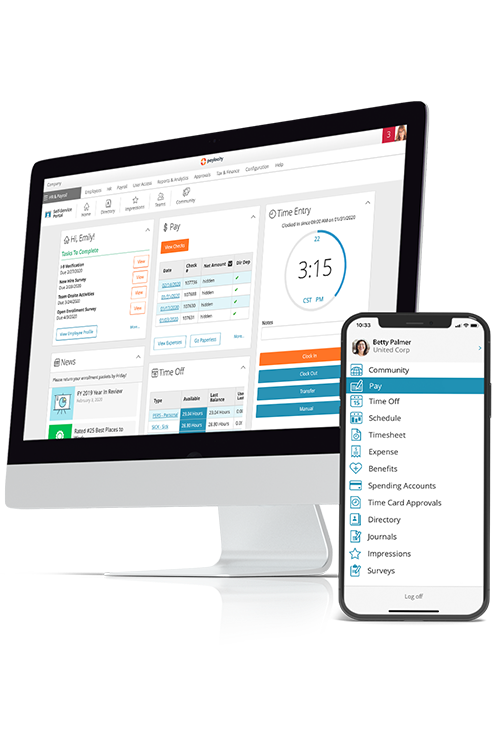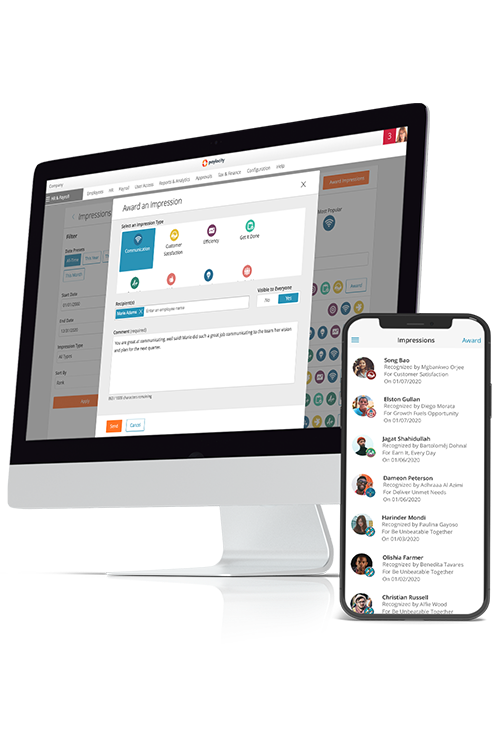resources
Philadelphia Commuter Benefits
July 01, 2022

At a Glance
- Covered employees must be offered a pre-tax payroll deduction for mass transit expenses, qualified bicycle expenses, or an employer-paid benefit for a fare instrument.
- A covered employee is one who has averaged working at least 30 hours per week in Philadelphia for the same employer in the previous 12-month period
- The bill applies to employers with 50 or more covered employees
- Law will become effective December 31, 2022
Introduction
On June 9, 2022, the Philadelphia City Council passed an ordinance, entitled Employee Commuter Transit Benefit Programs, that would require certain employers to make available to eligible employees a commuter transit benefit program.
The law becomes effective December 31, 2022.
Covered Employees
The new ordinance would apply to employers with 50 or more “covered employees” (but exclude government employers). Covered employees are those who have worked, on average, at least 30 hours per week within the boundaries of Philadelphia for the same employer in the previous 12-month period. Unpaid interns, volunteers, and those working in unpaid apprenticeships are not covered. Employees who work for two or more employers, but do not average at least 30 hours per week with one of them, are also not covered.
Covered employees must be offered one of the following types of commuter transit benefits
- Employee elected pre-tax, payroll deduction for mass transit expense or qualified bicycle expenses, which includes fare for mass transit or transportation in a commuter highway vehicle; or
- An employer-paid benefit, which covers the fare for mass transit or transportation in a commuter highway vehicle; or
- Any combination of the two.
To qualify as a Commuter Highway Vehicle, the vehicle must be used to transport groups of employees between their homes and work. This means that the vehicle must have a seating capacity of at least six people, and at least three employees must be transported to work 80 percent of the time the vehicle is used (excluding the driver).
Consistency With the Internal Revenue Code
The benefit levels will be equal to the maximum amounts that the Internal Revenue Code allows for deductions of such benefits. In regard to the employer-paid Fare Instrument, the monthly limitation for the fringe benefit exclusion for transportation in a Commuter Highway Vehicle and any transit pass is $280 for the 2022 calendar year.
With regard to the Qualified Bicycle Expenses, for years 2018 through 2025, cyclists are not permitted to exclude qualified bicycle commuting reimbursements from their income for federal income tax purposes. However, employers are permitted to deduct these reimbursements as a business expense for years 2018 through 2025 for federal income tax purposes.
Enforcement and Penalties
Covered employees alleging a violation of this new law can report their employer to the agency to enforce these benefits. Upon receipt of the complaint, the enforcement agency will have 30 days to mediate the matter between the parties. Following this mediation period, a written warning will be issued to the employer if it is determined that the employer is non-compliant. If the employer remains non-compliant for 30 days following the issuance of the written warning, the enforcement agency may impose fines ranging from $150 to $300 per day, with each day constituting a separate violation.
For more information on Pennsylvania's wage and payroll tax laws, check out our Pennsylvania Wage and Payroll Tax Facts page.
Next Steps
Paylocity will continue to monitor commuter benefits and will provide updates as necessary.
Thank you for choosing Paylocity as your Payroll Tax and HCM partner.
This information is provided as a courtesy, may change and is not intended as legal or tax guidance. Employers with questions or concerns outside the scope of a Payroll Service Provider are encouraged to seek the advice of a qualified CPA, Tax Attorney or Advisor.



